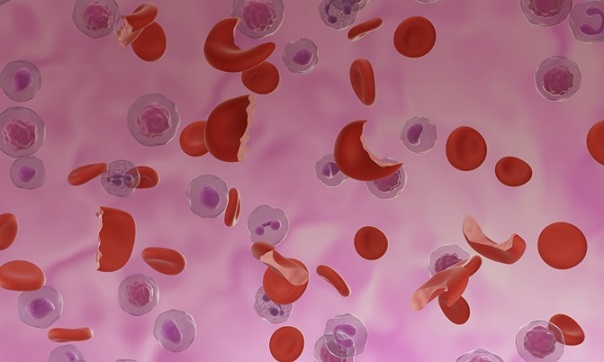Nikhil Prasad Fact checked by:Thailand Medical News Team Aug 15, 2025 5 months, 4 weeks, 2 days, 31 minutes ago
Thailand Medical News: Uncommon complication surfaces after mosquito borne illness
Researchers from Hartford HealthCare Cancer Institute and Hartford HealthCare Department of Pathology in the United States have documented a rare case where a patient developed immune mediated hemolytic anemia (AIHA) weeks after recovering from Chikungunya virus infection. The finding highlights a potential post viral complication that doctors in both tropical and non-tropical countries should be aware of.
 Chikungunya Infection Can Cause Rare Immune Blood Disorder
Chikungunya Infection Can Cause Rare Immune Blood Disorder
This
Thailand Medical News report details the case of a 42-year-old American man who contracted Chikungunya during a short trip to Colombia. Initially, he experienced fever, chills, joint pain, and fatigue — common symptoms of the mosquito borne virus. Tests confirmed recent Chikungunya infection, and he gradually recovered without special treatment. However, about nine weeks later, new symptoms emerged including low grade fever, weakness, and muscle aches. Blood tests revealed significant anemia, low haptoglobin, elevated lactate dehydrogenase, and a positive direct Coomb’s test, all pointing to immune driven destruction of red blood cells.
From viral fever to rare blood disorder
The patient’s condition was diagnosed as warm antibody mediated AIHA, a type of anemia where the immune system attacks red blood cells. Uniquely, this case showed no signs of intravascular destruction but rather extravascular hemolysis, with the spleen playing a major role. The patient also had temporary enlargement of the spleen and fluctuating platelet counts.
Instead of using steroids — the standard treatment for AIHA — doctors opted for close monitoring. This cautious approach was taken because steroids can worsen joint inflammation and prolong recovery in Chikungunya patients. Over several months, his blood counts returned to normal without the need for immunosuppressive drugs.
Possible immune triggers
While AIHA is known to follow infections such as parvovirus or Epstein-Barr virus, it has rarely been linked to Chikungunya. The study suggests that the virus may trigger cross reacting antibodies or immune cells that mistake red blood cells for viral targets, leading to their destruction. Laboratory evidence from similar viruses supports this immune cross reaction theory.
Why doctors should be alert
As Chikungunya spreads to more regions, including temperate climates, unusual post viral complications like AIHA may become more common. Physicians are urged to investigate unexplained anemia in patients with recent Chikungunya infection and to involve hematologists early. Timely diagnosis could prevent complications and unnecessary treatments.
The researchers stress that while this case resolved without aggressive therapy, more studies are needed to understand how often Chikungunya triggers AIHA and the best ways to manage it. They warn that
careful classification of anemia type is key to avoiding serious illness.
The study findings were published in the peer reviewed journal: IDCases.
https://www.sciencedirect.com/science/article/pii/S2214250925002021
For the latest on Chikungungya, keep on logging to
Thailand Medical News.
Read Also:
https://www.thailandmedical.news/news/thailand-medical-researchers-find-link-between-blood-group-o-and-higher-risk-of-chikungunya
https://www.thailandmedical.news/news/uk-study-finds-that-chikungunya-virus-nsp3-protein-blocks-key-immune-pathway
https://www.thailandmedical.news/news/silico-study-reveals-potential-antiviral-properties-of-nyctanthes-arbor-tristis-linn-against-ebola-sars2-nipah-chikungunya-viruses
